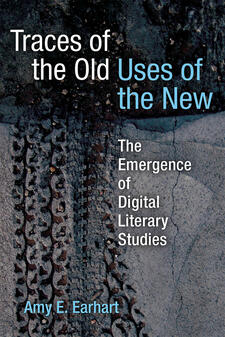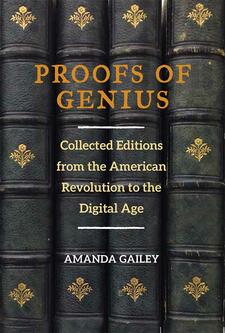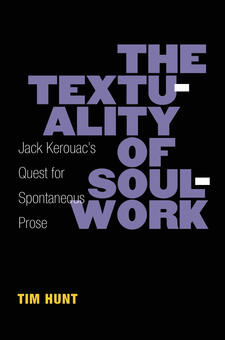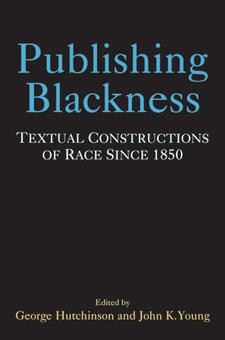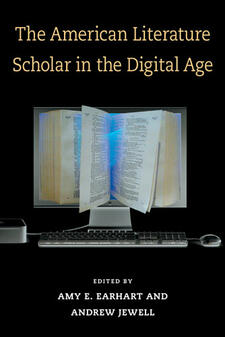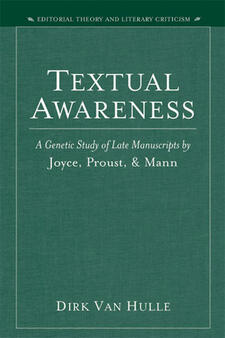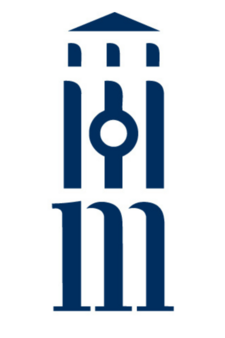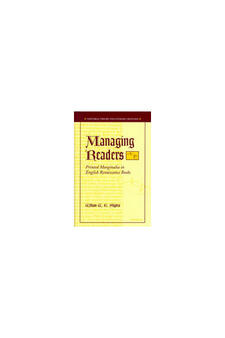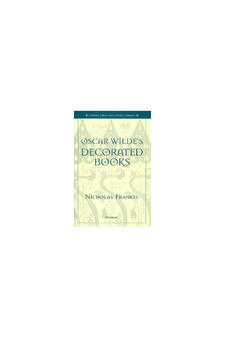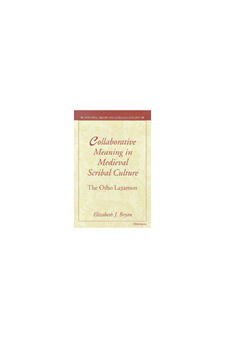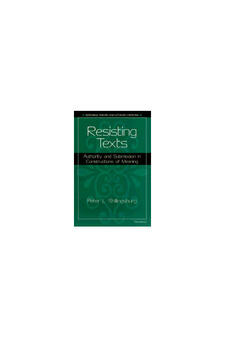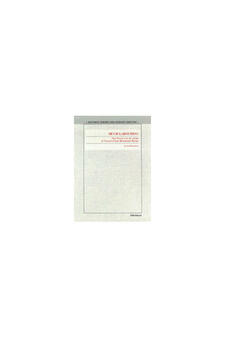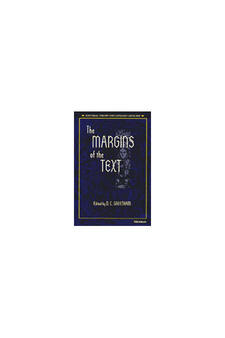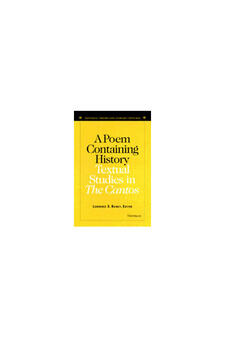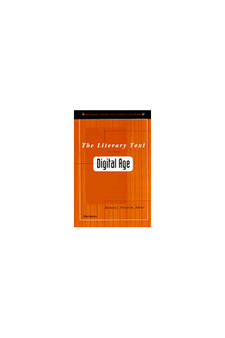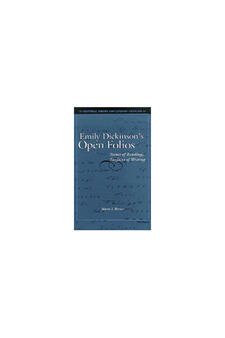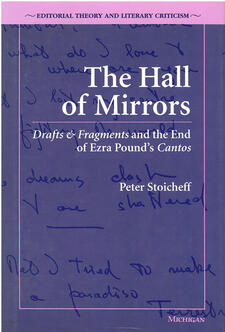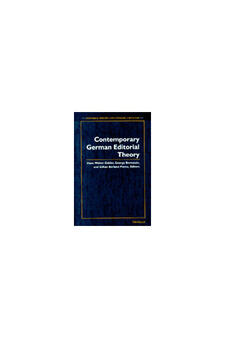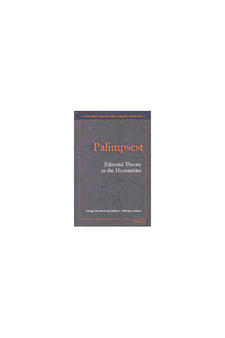This series is closed for submissions.
Editorial theory has always been an important aspect of literary study. Recently, it has also become a significant part of the newer forms of literary theory and criticism, as earlier views of editing as providing final authorial intention have been reexamined and challenged. Although various individual books on the subject of editing have appeared, there has not been a series to gather together the best scholarship in the field and examine the various issues and controversies surrounding it. The Editorial Theory and Literary Criticism series has been designed to fill that need.

